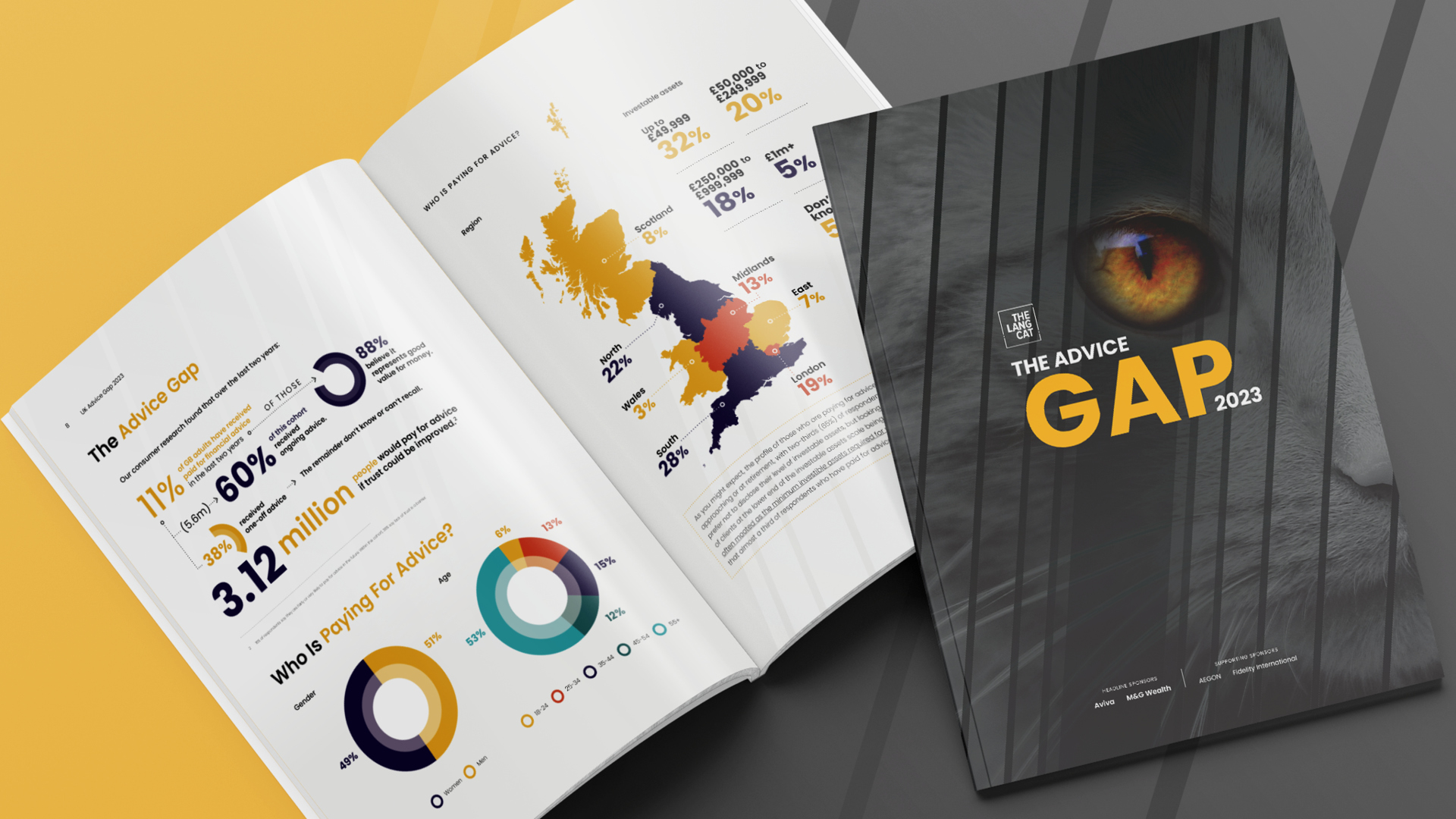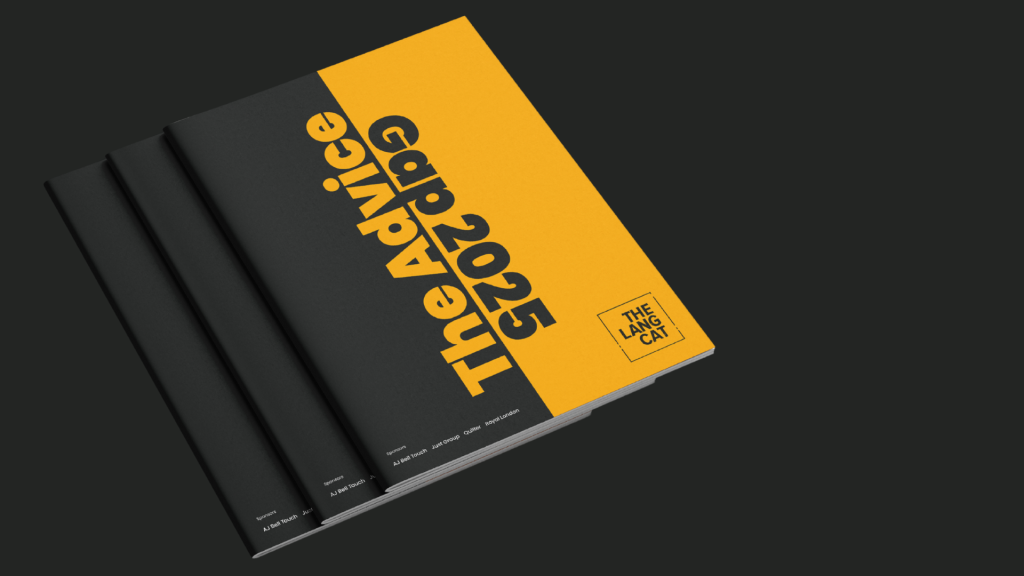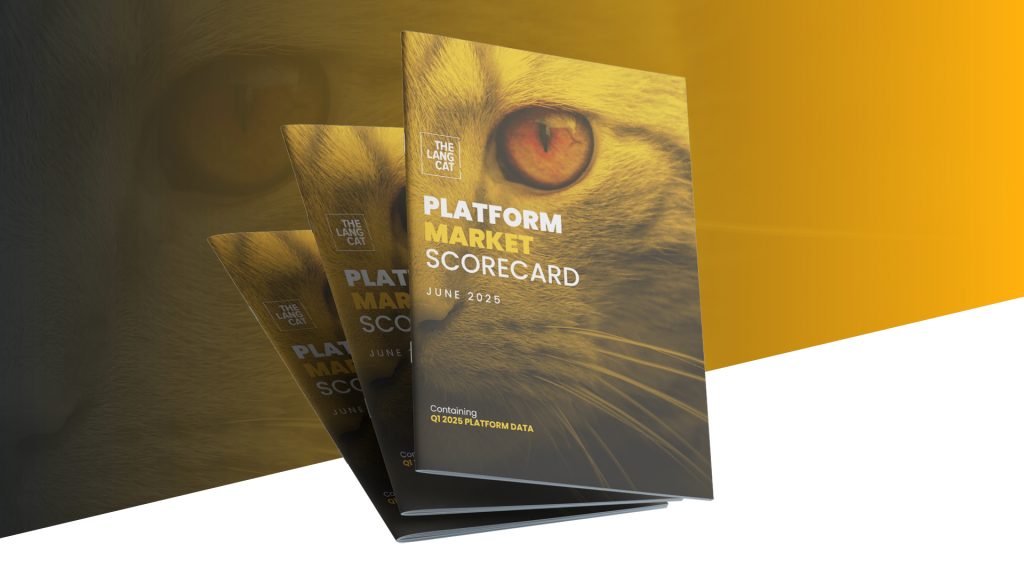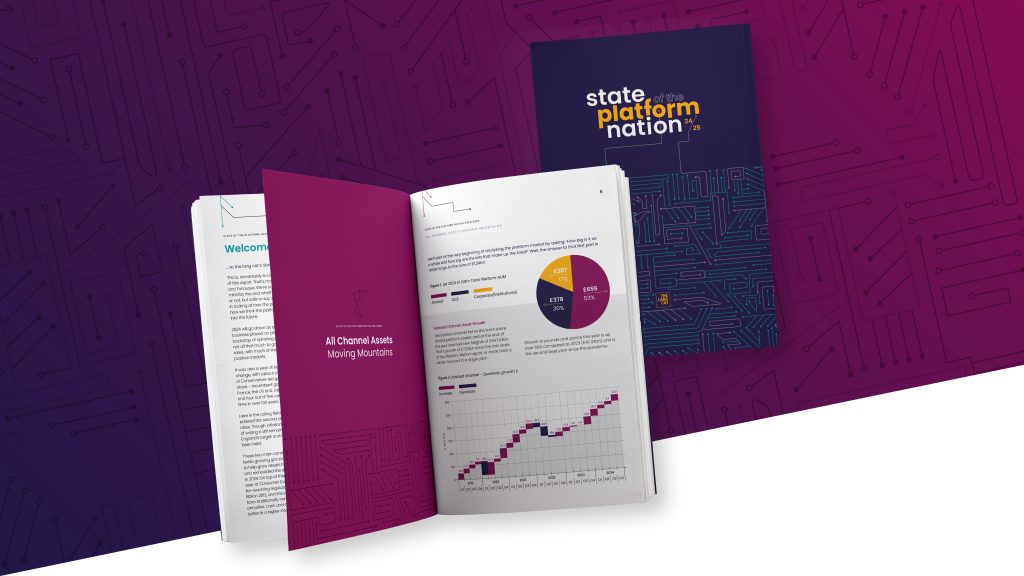This report includes research with consumers to understand the impact of the cost of living crisis on consumers’ savings and investments, and wider spending habits. It also looks perceptions of value for money.
The report also summarises advice and planning professionals their take on the problem.
What does the report include?
It includes consumer research on the impact of the cost of living crisis on saving and spending habits, and (for the first time) adviser research through the lang cat’s adviser panel into the advice gap from the adviser perspective.
Who is it for?
The report is aimed at the advice profession, as well as the wider industry and interested stakeholders – including providers, platforms, regulators and consumers.
The headlines
We identify three barriers to taking advice: the lack of trust in advice; the lack of awareness of advice and how to find an adviser; and a lack of confidence in managing money. We think that by addressing these barriers, the advice sector could almost double the amount of people paying for advice.
It is possible to get advice if you have relatively small amounts to invest – many are doing so. However, it’s largely restricted to those with an existing connection to an adviser or who already have a high income. We observe a profession that is attempting to do its best to support those who are less wealthy, but it’s unlikely this will be in the form of regulated advice.
A call to action
- We need to improve trust in the advice profession, through adviser trade bodies, individual advisers and encouraging referrals.
- We need to champion advice at all levels (including providers and the FCA).
- Providers: Consumer Duty is your chance to turn things around on service, comms and value for money. Give consumers reasons to trust you, rather than reasons not to.
By analysing the advice gap from all angles, we hope the report will start a conversation about what it will take to collectively get more advice to more people.
The report is free to download thanks to our sponsors: Aviva, M&G Wealth, Aegon and Fidelity.
Rather than the end of a research process, this paper is the start of a dialogue we hope will lead to positive change. Take a look and let us know what you think.
Previous reports
This research is now in its fifth iteration. Citizens Advice published their “Four Advice Gaps” report back in 2015 and we’ve been involved in repeating the research at regular intervals since then. You can find all historic reports below.
Webinar
In this webinar, the lang cat’s Content Editor Natalie Holt, Insight Director Steven Nelson and Consulting Director, Mike Barrett discuss the findings our this research.






